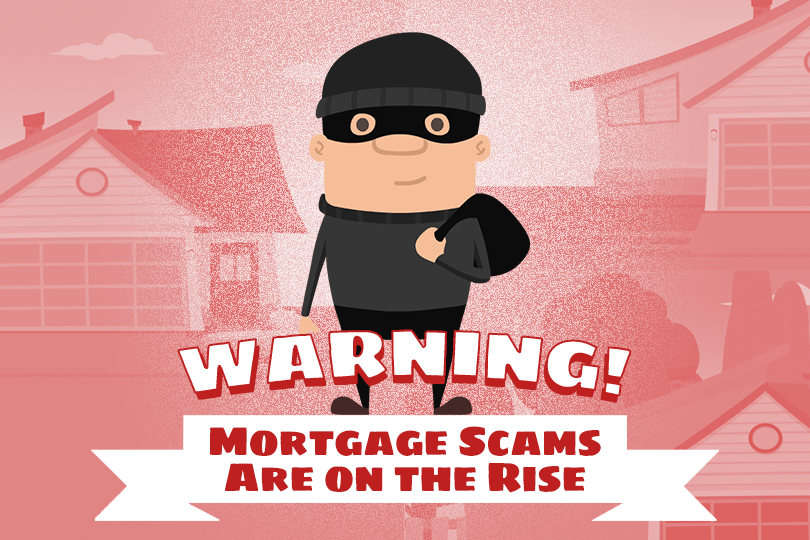How to Avoid Mortgage Scams

The lowest kinds of predators come out from under their rocks during times of national crisis, but you can avoid getting scammed by taking some sound advice on how to proceed when you are in need of assistance on your home loan.
Home loan relief can be offered to you by third parties--refinance loans, and other lending. But scammers offering you “help” with your mortgage loan are counting on you NOT knowing the advice below.
Get it in Writing
Any promises you are made should be given to you in writing. Never trust an oral agreement no matter how confident you might be in that agreement. Anything you don’t get in writing may not be coming to you when it’s all said and done. Bankers know this--don’t let someone try to talk you into something that is NOT part of industry best practices. A real lender knows better.
Know the Documents You Are Asked to Sign
You should fully read and fully understand the legally binding paperwork you must sign digitally or in person. Any situation where you are rushed to read through the documents you are meant to sign is a consumer-hostile environment and you should never put up with this. All borrowers should have a personal policy never to sign something they do not fully understand.
And that understanding may, depending on circumstances, require the assistance of a lawyer well-versed in real estate law and the applicable laws of your state.
Do not allow yourself to be rushed into signing anything obligating you to pay something the size of a mortgage or even a small personal loan. You are, after all, on the hook for what you agree to in writing. Don’t you want to make sure you’re singing what you THINK you are signing?
What To Do if You Find Errors
Suppose you were promised something verbally that was not represented as promised in those legally binding documents. Or an error. Or a blank page in the contract that could easily be filled in with terms unfavorable to you later.
You must never sign any document with errors, blanks, incorrect information, etc. The home loan process costs a great deal of your money--your contract can easily be re-accomplished with the correct and accurate information. Never sign ANY mortgage or lending paperwork that has errors, blank spaces, or incorrect information of ANY kind.
Never Pay Anyone Else But Your Lender
When someone asks you to sign over the title of your house to them in order to “save your mortgage”, you are being scammed. When someone asks you to make payments to someone else besides your lender or loan servicer, you are being scammed.
When someone tells you to stop making payments to your loan servicer but not to tell the lender about the “help” you are getting, you are being scammed. Always contact the lender, always be honest with the lender about your circumstances, and do NOT cut the loan servicer out of your mortgage relief issues.
------------------------------
RELATED VIDEOS:
Your Mortgage Payment Schedule Is Called Amortization
Information About the Balloon Payment
Reliable Borrowers Can Qualify for a Cash-Out Refinance

Do you know what's on your credit report?
Learn what your score means.







